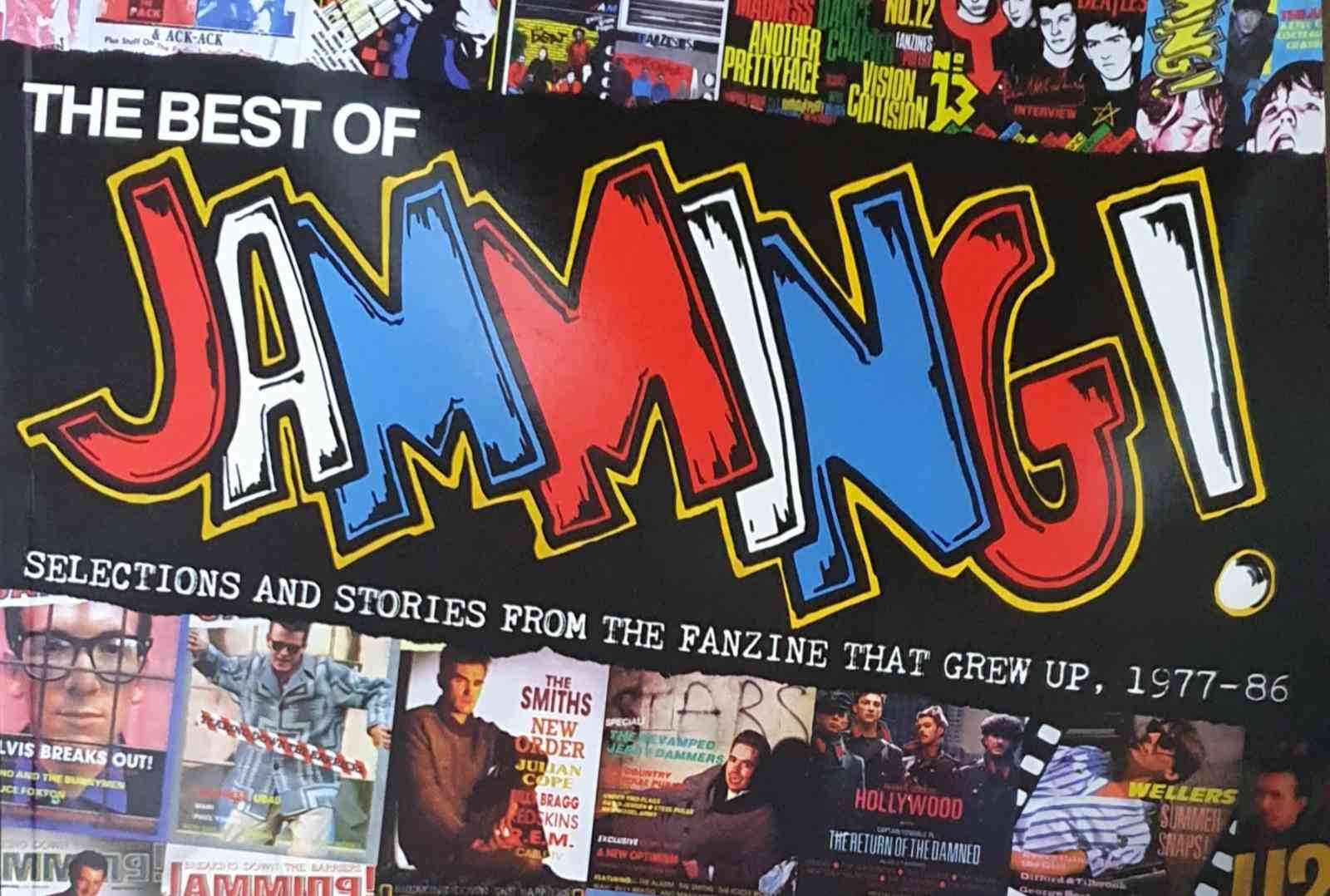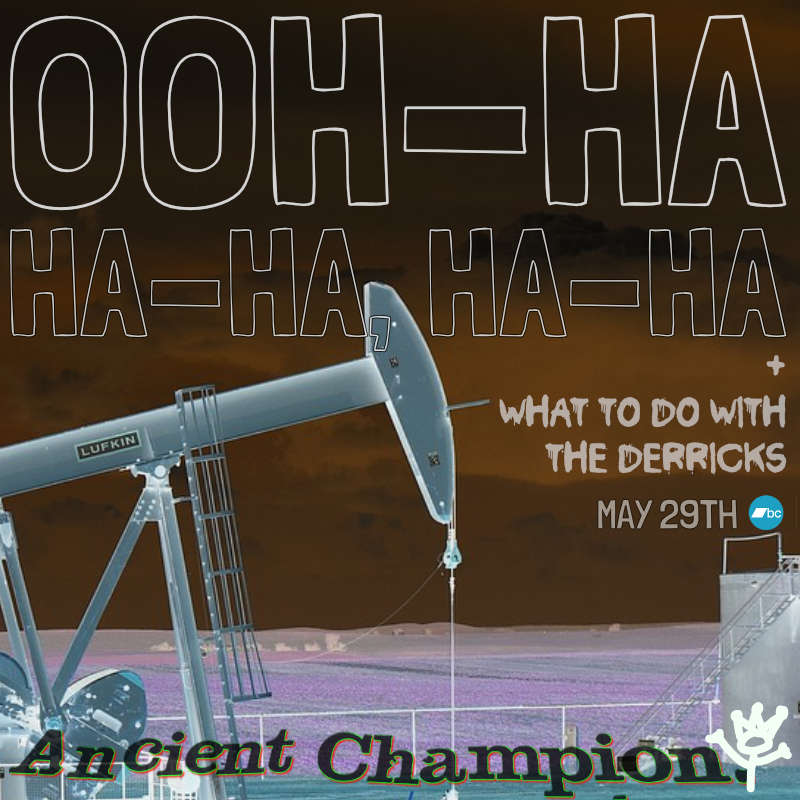 The Best Of Jamming
The Best Of Jamming
Edited by Tony Fletcher
Foreword by Billy Bragg
Omnibus Press
Approximately the same shape but considerably thicker than the fanzines this book reproduces and examines, The Best Of Jamming is the story of a fanzine created by 15-year-old schoolboy Tony Fletcher and some of his mates at the end of the 1970s and into the 1980s.
It is a much mythologised time, especially the end of the ‘70s. Looking back now through a television lens it can seem that punk rock arrived neatly wrapped up, a ball of youthful fury and smart, working-class idealism. But, as the extracts from the first few editions make clear, it was messier than that and those bravely taking centre stage were much less confident in what or who they were meant to be.
 Tony and his fluctuating gang began the fanzine as music lovers, nascent fanatics, with various tastes that reflected the era. The initial issues, printed on the most basic of printers in his south London grammar school office by the secretary covered prog to early punk, although The Jam and all things mod were an early fascination. As the years progressed they generally grew out of their youthful enthusiasms and began to mine a seam particularly rich with intelligent pop at that point in Britain. Looking back, the time frame during which pop music in the UK transformed, prog rock, heavy rock, pub rock to punk rock, all the while with disco, soul, and reggae tracking alongside and then through a mod revival, psychedelic rock revival, a rockabilly revival, into 2 Tone and the explosion of ska and homegrown reggae, all within basically a four year period, is breathtakingly short.
Tony and his fluctuating gang began the fanzine as music lovers, nascent fanatics, with various tastes that reflected the era. The initial issues, printed on the most basic of printers in his south London grammar school office by the secretary covered prog to early punk, although The Jam and all things mod were an early fascination. As the years progressed they generally grew out of their youthful enthusiasms and began to mine a seam particularly rich with intelligent pop at that point in Britain. Looking back, the time frame during which pop music in the UK transformed, prog rock, heavy rock, pub rock to punk rock, all the while with disco, soul, and reggae tracking alongside and then through a mod revival, psychedelic rock revival, a rockabilly revival, into 2 Tone and the explosion of ska and homegrown reggae, all within basically a four year period, is breathtakingly short.
But what an interesting time to be young and going to gigs, blagging interviews, hanging out with musicians who were kids not much older and who were still trying to figure out what they stood for, if anything. Interviews here with The Beat, who’s David Steele lays into the USA after touring there (ironically, just a few years later it was the States that brought him and fellow Beat Andy Cox massive success with Fine Young Cannibals) and Youth and Jaz from Killing Joke, attempting to form a world view from some simple, stoned, Catch 22 cynicism make it clear that expecting green, British musicians to have an opinion on politics and life in general invites some naive but heartfelt reflections.
 The interviews are unguarded. Perhaps because Tony and co. were even younger than the artists they interviewed and because fanzines were more trusted than the corporately owned NME, Sounds, etc. - this can mean we get closer to the ordinary people most musicians are, assing around, arguing amongst themselves, unsure and as emotionally delicate as our own Generation Cuddles. They also give indications of what will come. Paul Weller, already the most thoughtful Jam member, interested in the details of youth culture and trying to carve an individual path whilst his bandmates made jokes; Adam Ant knocked out that ten of his fans would travel all the way to Belgium to see him play; Paul from The Au Pairs, happily telling us that he, too was a casual sexist and is still learning how not to be. Sid Vicious, caught, briefly, relating his self-destructive mantra in the moment, before any kind of fame added momentum to his nihilism.
The interviews are unguarded. Perhaps because Tony and co. were even younger than the artists they interviewed and because fanzines were more trusted than the corporately owned NME, Sounds, etc. - this can mean we get closer to the ordinary people most musicians are, assing around, arguing amongst themselves, unsure and as emotionally delicate as our own Generation Cuddles. They also give indications of what will come. Paul Weller, already the most thoughtful Jam member, interested in the details of youth culture and trying to carve an individual path whilst his bandmates made jokes; Adam Ant knocked out that ten of his fans would travel all the way to Belgium to see him play; Paul from The Au Pairs, happily telling us that he, too was a casual sexist and is still learning how not to be. Sid Vicious, caught, briefly, relating his self-destructive mantra in the moment, before any kind of fame added momentum to his nihilism.
Jamming was not a particularly good-looking magazine, although it got better, but the point was the interviews, not the graphics. The connection with The Jam (which became a personal one for Tony who ended up running a label funded by Paul Weller) is an indication of the fanzine’s and many other young people of the time’s world view. Basically working class or lower middle, non-art school, suburban kids who believed in the social progression that punk and post-punk generated, anti-racism, lack of snobbery, and holding artists to account politically. The end result of all this ranged from the doomed Red Wedge, Labour supporting musician’s co-op supported by Weller and Billy Bragg (who writes a solid foreword for the book) and Jerry Dammer’s work opposing apartheid. If ‘worthy’, is the most damning and unglamorous of descriptions, back then it was refreshing to see your own ideals reflected back without, say, Julie Burchill’s carefully manufactured communist affectations in The Face, or the paranoid hipster’s at the NME refusing to fully align themselves in case their latest fave synth terrorists become stadium pumpkins. As the fanzine’s tagline eventually stated, ‘a new optimism for the 80s’.
Jamming closed after issue 36 in 1985. Tony was still just 21. As this book attests, its interviews ranged across many of the vital artists in the UK and USA and this is a treasure trove of detail and social and cultural zeitgeist as it was experienced by young music fans at the time. For music fans, now of a certain age, this is a full, deep well of satisfaction and nostalgia, sometimes confirming that the love you might have had for an artist, that meant you bought everything and followed them to Hull and back on tour, was totally justified. For music fans. Buy it (at 25 quid, very worth the money).
Essential Info:
Jamming is available now. Check the Bear Bookshop.org


























